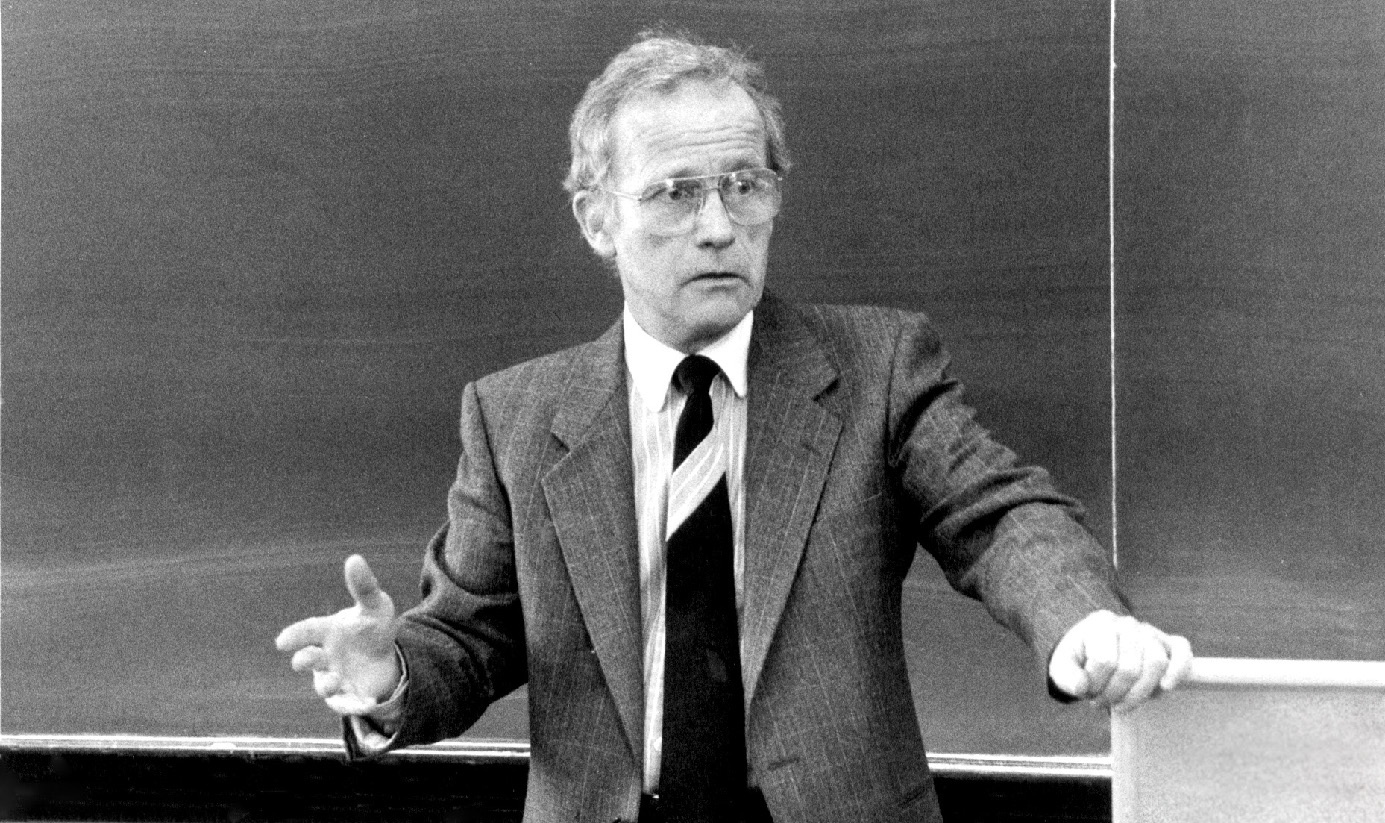Columbia College | Columbia University in the City of New York
Letters to the Editor

Jessica Raimi
Professor Tayler's Teachings
I was sad to read of Edward “Ted” Tayler’s death, about a month before the Class of ’68’s 50th reunion. I had been hoping that he might be present so I could thank him for teaching me to read. My sharpest memories from college (aside from the awfulness of the war, the constant threat of the draft and the hardships of the civil rights struggle) boil down to gratitude for the Core Curriculum and for Professor Tayler’s classes senior year, when I took both his Milton class and Shakespeare seminar. It doesn’t feel like an exaggeration to say that he taught me to read — to set aside assumptions and presumptions, appreciate the various meanings (sometimes opposite meanings) of the same word and to simply open my mind to the text and the genius behind it. He was a challenging teacher — intense, playful and demanding.
After the Peace Corps, I went to law school, where I believe my success was driven in significant part by what I learned through Professor Tayler’s version of the Socratic method. He inspired me to concentrate, pay close attention to the text (the facts) and be open through avoiding preconceptions.
Roy Thilly ’68
Baileys Harbor, Wis.
The Meaning of Music
I read with great interest the interview with Associate Professor of Music Kevin Fellezs in the Summer 2018 issue. I was struck by him saying, “Instead of the mechanics of music, I wanted to think about the meaning of music.”
I was 8 when I began taking piano lessons; until then, I’d played by ear. I have worked all my life as a professional pianist, conductor, music director, arranger and orchestrator. (I gave up composing many years ago, as I had no desire to starve to death.) I have been a member of the American Federation of Musicians for more than 50 years.>
My life has been spent contemplating and analyzing music. I am no musical snob, and am interested in all sorts of music, no matter the genre.
In my far from humble opinion, music, the most abstract of the arts, simply “is.” It doesn’t “mean” a damn thing.
Mack Schlefer ’66
New York City
A Surprising Advisor
I read with interest “The Essentials” column about Associate Professor of Music Kevin Fellezs in the Summer 2018 issue, and I was amazed that his academic advisor had been Angela Davis. Describing her as a “political activist” was quite the understatement to me. She is most famous for being on the FBI’s Most Wanted List in 1970 because of her involvement in a deadly armed courtroom takeover and hostage situation in California. She had purchased the weapons used to murder the judge two days prior and was a fugitive for two months before her capture in New York City. I remember being totally surprised when she was acquitted of any responsibility for the four deaths in the courtroom incident. In teaching a course this fall on Ms. Davis, perhaps Professor Fellezs can shed some light on the acquittal.
Being advised by the notorious Angela Davis in earning a doctorate in the history of consciousness at UC Santa Cruz must surely have been a surreal experience.
James Mullin ’77
Dover, N.J.
CCT welcomes letters from readers about articles in the magazine but cannot print or personally respond to all letters received. Letter express the views of the writers and not CCT, the College of the University. All letters are subject to editing for space, clarity and CCT style. Please direct letters for publication "to the editor" via mail or online, college.columbia.edu/cct/contact-us.
Issue Contents
Published three times a year by Columbia College for alumni, students, faculty, parents and friends.
Columbia Alumni Center
622 W. 113th St., MC 4530, 6th Fl.
New York, NY 10025
212-851-7852
cct@columbia.edu
Columbia Alumni Center
622 W. 113th St., MC 4530, 4th Fl.
New York, NY 10025
212-851-7488
ccalumni@columbia.edu

